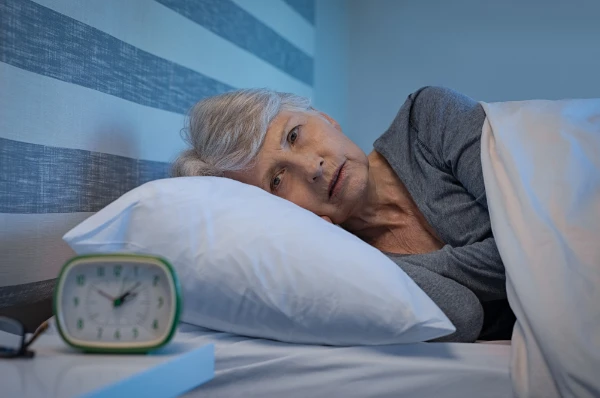
Let’s be honest: not every change in life that comes with getting older is good. Most of us wish we could return to when we were younger more often than we’d like to admit.
One good thing about getting older is that you need less sleep each night. This is a good thing on paper because it lets you do more in a day.
Older people may not sleep as much as their bodies need. And when you don’t get enough sleep, your health and quality of life are at risk in surprising ways.
But how much sleep do you need, and what are the risks if you don’t get enough? Let’s find out!
The first research
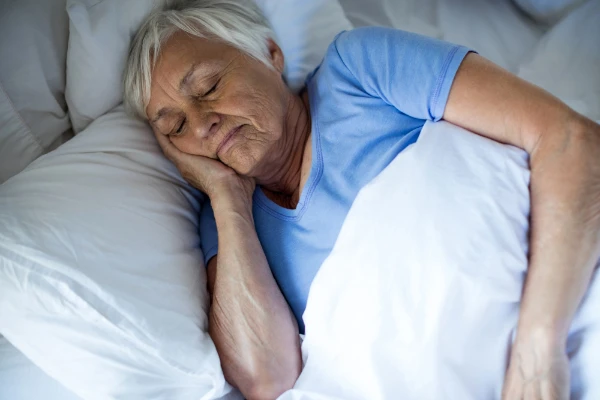
This information about how older people sleep comes from an article published in PLOS Medicine. The study looked at 8,000 U.K. civil servants over 50 with no long-term illnesses. And the study lasted for 25 years, during which scientists carefully watched how the civil servants were doing.
Part of monitoring everyone was asking how much sleep they were getting. This led to a shocking conclusion: people who slept less than five hours a night were 30% more likely to get long-term illnesses than people who slept at least seven hours a night. People at least 70 years old are 40% more likely to get long-term diseases.
But what are these long-term illnesses? The study looked at many diseases, such as arthritis, cancer, dementia, depression, liver disease, diabetes, mental disorders, stroke, heart failure, Parkinson’s, and more.
Connection to another essential study
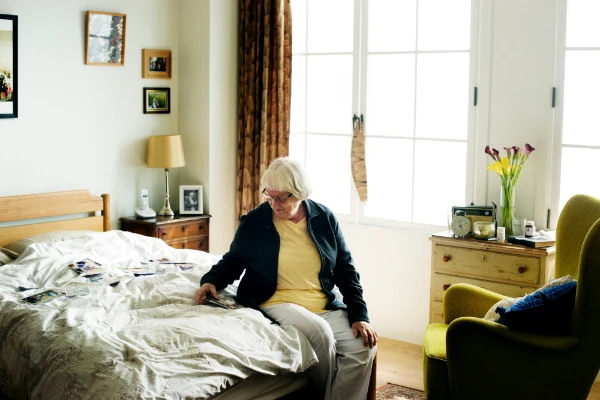
Even though the study spans a quarter century, it is simple to disregard the findings of a single study. Sadly, a more recent study verifies some of these alarming conclusions regarding sleep.
The CDC just announced the results of a different study. This study also indicated that older persons who did not obtain at least seven hours of sleep per night had an increased chance of developing chronic diseases.
The precise “ideal” quantity of sleep for older persons appears to vary between studies. One thing is sure, however: insufficient sleep each night may place you at grave risk.
How growing older affects sleep habits
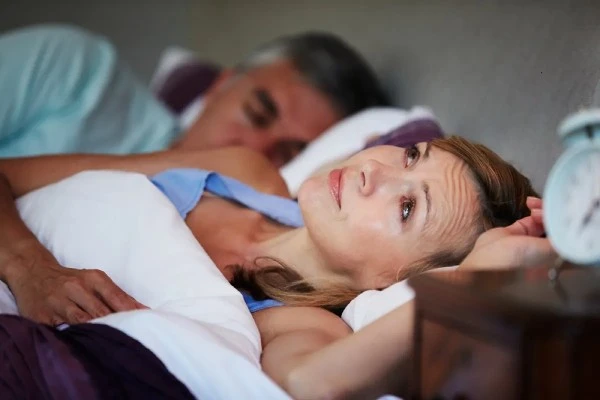
It is common knowledge that as you age, you require less sleep. But why is this the case? The answer, it turns out, lies within your body’s internal clock.
According to the Sleep Foundation, the suprachiasmatic nucleus is our body’s internal clock (SCN). The SCN regulates your circadian rhythms, which hold a variety of factors, including when you feel awake and alert and when you feel weary and sleepy.
Yet, as your SCN ages alongside the rest of your body, your internal clock also evolves. This can help you to wake up earlier and feel more alert than you did previously. In addition, older retirees may not see as much sunlight throughout the day, which can further disrupt their circadian cycle.
Some reasons you might not be sleeping enough
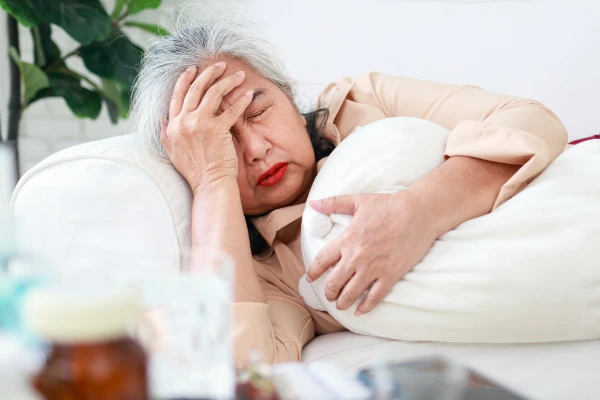
Your evolving SCN has a significant impact on your developing sleeping habits. But, if you need to sleep more at night, several potential causes exist.
Stress is a significant determinant of sleep duration. It can be enough to keep you up at night if you are concerned about yourself, your loved ones, or the state of the world.
Coffee plays a significant function in keeping you at bay. Sometimes, consuming coffee, tea, or soda too close to night can prevent a person from sleeping adequately. In addition, while some may believe that alcohol helps them sleep, even a simple nightcap may result in tossing and turning.
Regarding tossing and turning all night, this may occur if you eat shortly before bedtime, as you may acquire heartburn or other undesirable situations. In addition, if you use any prescription or nonprescription medication daily, the side effects may prevent you from sleeping adequately.
Older adults must engage in regular physical activity to remain healthy as they age. But, if you exercise too close to bedtime, factors such as adrenaline surges and a rapid heart rate can prevent you from falling asleep.
The simple act of watching television or using a mobile device immediately before night might negatively impair sleep. If you feel this is the case, you can purchase blue light-blocking glasses to eliminate the type of digital light that keeps you awake at night.





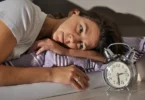


Leave a Comment